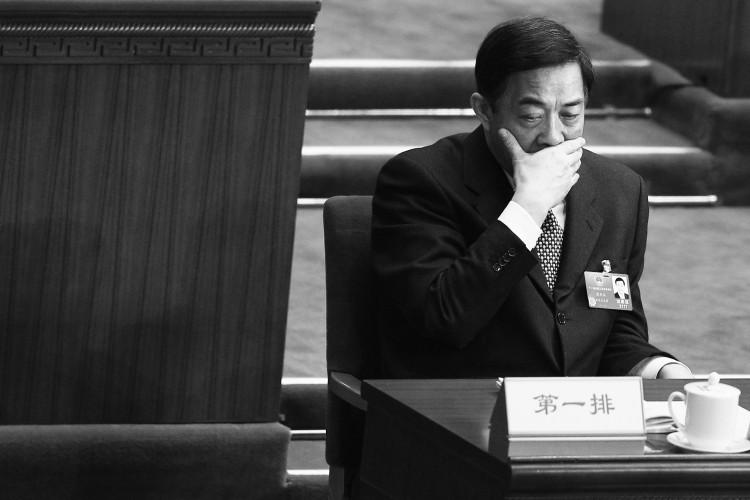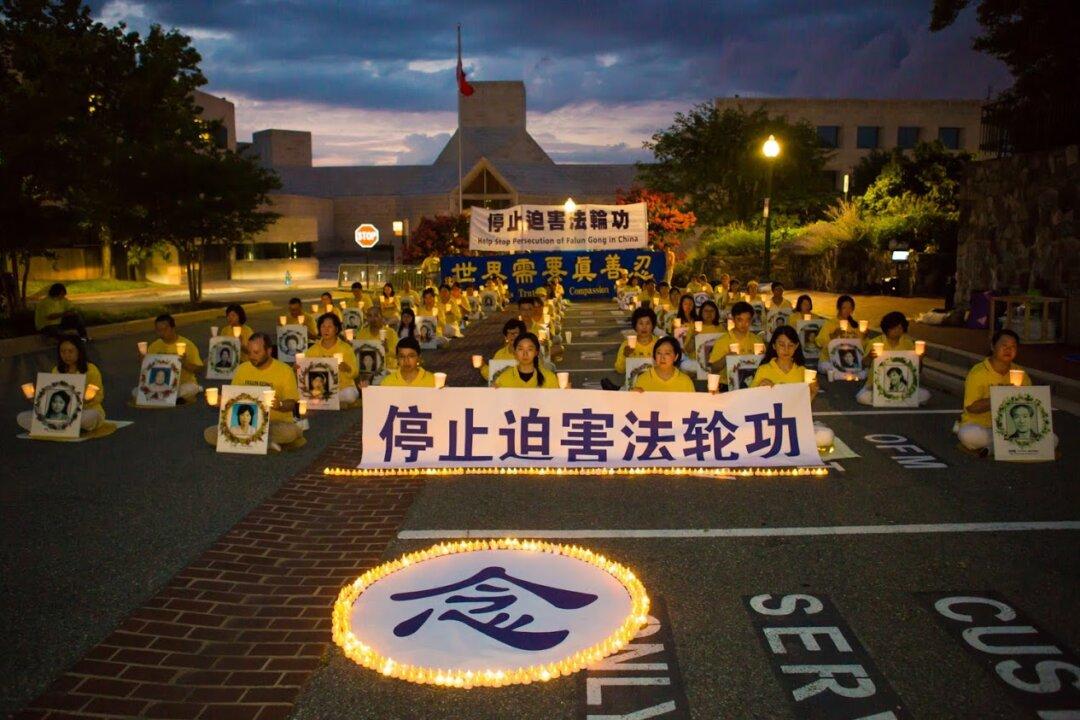The beatings police gave Falun Gong practitioners on July 20, 1999 on the streets of Dalian City were brutal, according to a report on Clearwisdom, a Falun Gong website.
Thousands of Falun Gong practitioners had gathered to appeal for the release of practitioners arrested the night before—the official beginning, in Dalian, of the nationwide campaign to “eradicate” Falun Gong, launched by the then-head of the Chinese Communist Party (CCP), Jiang Zemin.
The practitioners had formed themselves into four lines on the sidewalk near the city government buildings, held hands, and peacefully asked for the release of their fellow believers.







